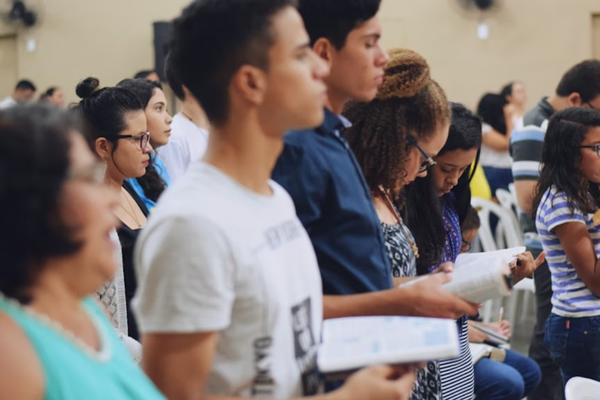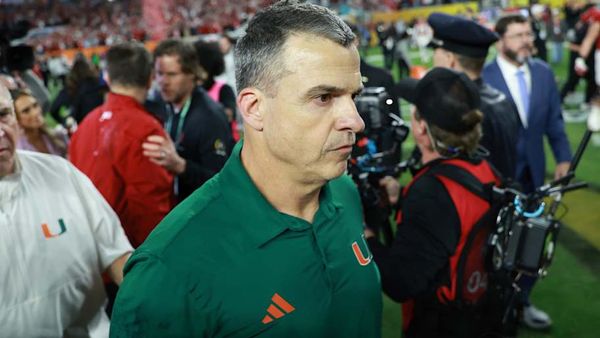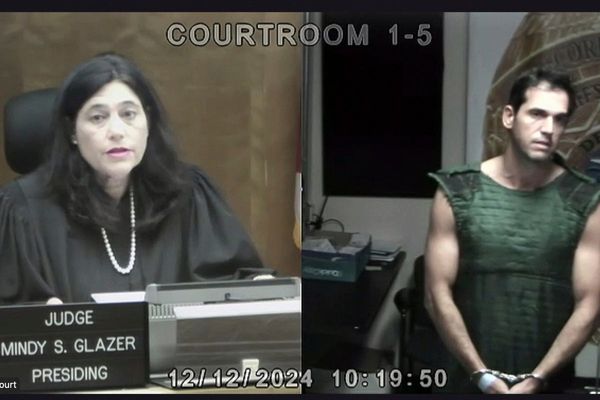
The shadow chancellor has admitted “inadvertent mistakes” following accusations of plagiarism in her new book.
Rachel Reeves celebrated the launch of The Women Who Made Modern Economics at a packed event in London on Wednesday night.
But the Financial Times reported on Thursday morning that its journalists had identified entire paragraphs lifted from other sources without acknowledgement.
Material from Wikipedia, The Guardian newspaper and comments made by Labour MP Hilary Benn were published in the book without attribution, according to the report.
A spokesman for Ms Reeves, who hopes to become the first woman UK chancellor, said the errors would be “rectified” in future reprints.
He added: "These were inadvertent mistakes."
Publisher Basic Books defended the Labour frontbencher, saying she had not sought to present the material as original research. But it acknowledged that “factual sentences” were not properly referenced in every instance.
A spokesman said: “At no point did Rachel seek to present these facts as original research. There is an extensive and selective bibliography of over 200 books, articles and interviews. Where facts are taken from multiple sources, no author would be expected to reference each and every one.
“When factual sentences were taken from primary sources, they should have been rewritten and properly referenced. We acknowledge this did not happen in every case. As always in instances such as these, we will review all sources and ensure any omissions are rectified in future reprints.”
The book gives biographical accounts of some of the women whose ideas have shaped modern economics.
More than 20 examples were found of material lifted from other sources was found using manual checks rather than plagiarism detection software, the FT reported.
A sentence on the relationship between HG Wells and economist Beatrice Webb is exactly the same as one found on Wikipedia: “He responded by lampooning the couple in his 1911 novel The New Machiavelli as Altiora and Oscar Bailey, a pair of short-sighted, bourgeois manipulators.”
Similarly, a foreword to a report on international development by Mr Benn, published on the Tony Blair Institute for Global Change website, appears to have been lifted almost word for word.
Mr Benn wrote: “When we were elected in 1997, the amount of aid we gave as a proportion of our national income had halved over the preceding 18 years and was just 0.26%.
“By the time we left office, we were on our way to achieving the 0.7% target.
“This was down to the political leadership of Tony Blair and Gordon Brown, who brought the lives of the world’s poorest people into the heart of Whitehall.”
Ms Reeves wrote: “When Labour was elected in 1997, the amount of aid the UK gave as a proportion of our national income had halved over the preceding 18 years and stood at just 0.26%.
“By the end of Labour’s time in office, in 2010, we were on our way to achieving the 0.7% cent target.
“This was down to the political leadership of Blair and Gordon Brown — and their first Secretary of State for International Development from 1997 to 2002, Clare Short, who brought the lives of the world’s poorest people into the heart of government.”
The FT also compared a sentence on the website Rethinkingpoverty.org.uk – “Laurencina was the daughter of a Liverpool merchant, Lawrence Heyworth, whose own family had been weavers at Bacup in Lancashire” – to one on in Ms Reeves’ book – “Lawrencina was the daughter of a Liverpool merchant, Lawrence Heyworth, whose own family had been weavers at Bacup in Lancashire” – in which only the spelling of the name is different.







